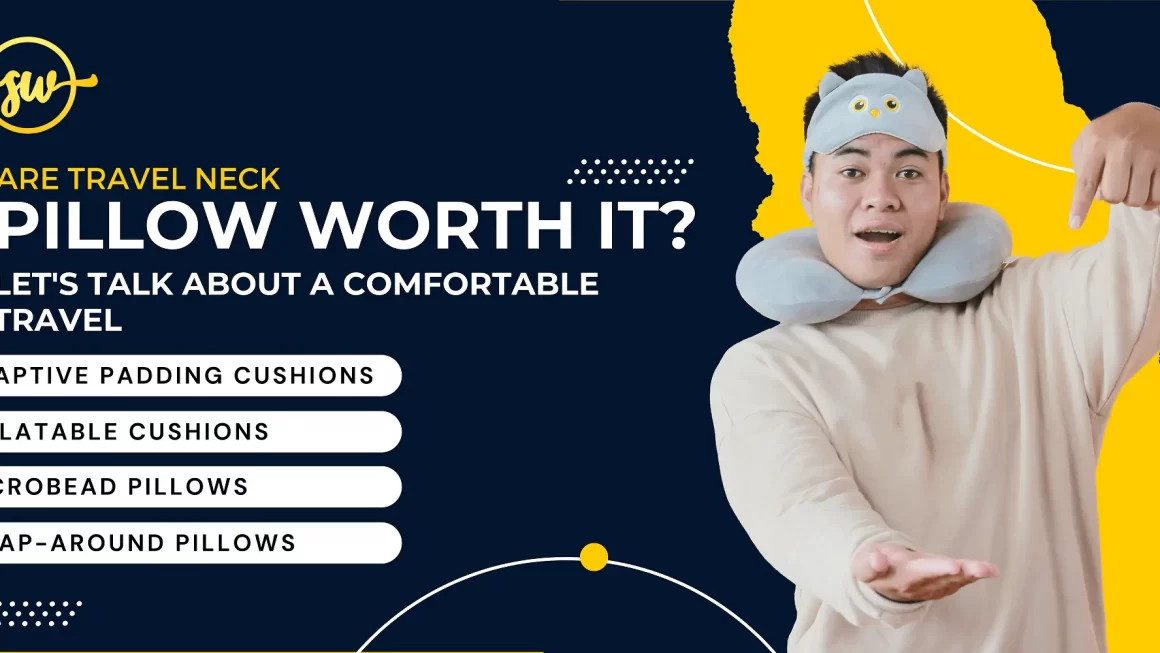Vestibular disorders often lead to vertigo, dizziness, visual disturbances, or imbalance making it difficult to lead a normal healthy life. Accomplishing daily chores seems to be a tremendous task when one is experiencing difficulty in sensory nerve pathways or inner ear.
Inflammation, disorder, or infection in the inner ear or vestibular nerve responsible for sending sensory signals from the inner ear to the brain that regulates the balance of the body results in causing vestibular disorders. Sudden episodes of dizziness & vertigo spells come along with vestibular disorders. Apart from it, nausea, vomiting, reduced ability to concentrate, fatigue, etc. are some of the secondary symptoms that come along with vestibular disorders. The recurring vertigo spells lead to anxiety making a person weak with reduced stamina & muscle strength.
As per the recent survey, vertigo is a common condition that is diagnosed in a large percentage of people irrespective of age and gender. Many consider it as a sign of an age-related issue as age factors play a great role in creating such a condition.
As medical technology advances, several treatments are designed that are effective in treating vestibular disorders. Once you are diagnosed with the underlying cause of vertigo after undergoing several vertigo tests, your doctor may recommend the right vertigo treatment and prescribe the right medications to alleviate the condition.
In some cases, doctors may even recommend vestibular rehabilitation therapy to ease vertigo spells, sudden bouts of dizziness, or loss of equilibrium. VRT therapy is counted amongst one of the effective treatments that help in easing symptoms of vestibular disorders. Vestibular rehabilitation therapy helps in strengthening the balance system thus giving the much-needed relief.
It is advised to seek medical help as soon as you start observing any symptoms of vestibular disorders. An expert neurologist will examine your condition closely and would suggest the right VRT exercises to alleviate the symptoms.
Significance of vestibular rehabilitation therapy
Medicals suggest Vestibular rehabilitation therapy as one of the most effective treatments to treat vestibular disorders. It involves a series of VRT exercises that are designed according to individual needs and problem areas. VRT exercises help in treating both primary & secondary symptoms of vestibular disorders.
Gaze stabilization, repeated episodes of vertigo spells, sensory reorganization, desensitization and development of alternate compensatory pathways can get reduced with the right vestibular exercise program. VRT exercises help in increasing the stability of the person by strengthening the balance system and reducing sudden bouts of dizzy spells.
When a person undergoes a vestibular rehabilitation therapy, it further results in improved vision stability along with reducing the risk of falling while experiencing vertigo spells. VRT therapy allows a person to lead a normal, healthy, and active life.
An expert neurologist will first seek the complete medical history of the patient and customize the vestibular rehabilitation program after understanding individual needs and diagnosing the severity of the condition
In many cases, it is diagnosed in the patients of vestibular disorder that a person is experiencing permanent vestibular damage as the restoration of the vestibular function is quite small. Compensation can help patients of vestibular damage to return to proper functioning. With the help of the compensation, the brain is allowed to respond and utilize other sensory organs in place of the damaged vestibular system. VRT therapy promotes compensation which allows patients to recover completely and lead a normal happy life.
Once you are diagnosed with the underlying cause of vestibular disorders, an expert neurologist will design VRT exercises as per the requirements of the patient. The effectiveness of vestibular rehabilitation therapy can only be measured when the right VRT exercises are recommended to treat right vestibular disorders. Doctors generally prescribe three VRT exercises known as Habituation, Gaze Stabilization & Balance Training depending upon the condition of the patient.
Here is a list of VRT exercises that helps in treating vestibular disorders:
- Habituation exercises
Sudden bouts of dizziness are one of the most common symptoms of vestibular disorders. A person suffering from vestibular disorders experiences dizzy spells that appear without any warning signs. It may prove to be a life-threatening cause if it appears when one is amid traffic or lifting a heavyweight.
There may be multiple reasons that result in dizziness. It can occur due to self-motion or due to visual stimuli. Doctors generally design Habituation exercises for patients who are experiencing sudden bouts of dizzy spells that appear quite frequently.
An expert neurologist generally recommends Habituation exercises as vestibular therapy to treat patients who complain about dizziness that occurs due to changes in the position of the head and the body thus making it difficult to lead a normal life.
Habituation exercises are quite effective in treating dizziness that is caused due to visually stimulating environments such as shopping malls, restaurants & grocery stores. Regular practice of certain Habituation exercises as suggested by the doctor helps in easing the intensity of dizziness and with time the brain starts bypassing the abnormal signals.
- Gaze Stabilization
In some cases, when a person is experiencing vestibular disorders some patients complain about disturbance or imbalance in the vision. It becomes even more difficult to carry daily chores with a blurry or unclear vision. As the name suggests, Gaze Stabilization exercises are recommended by neurologists to improve eye movements to get clear and precise vision. In the gaze stabilization program, there are two types of eye and head exercises. Your doctor will suggest which one to use after diagnosing the underlying cause and severity of the condition.
- Balance training program
The balance training program is designed for patients who experience loss of equilibrium due to vestibular disorders. If you are experiencing difficulty in maintaining balance, your doctor will design a Balance training exercise to improve steadiness. VRT exercises for balance are designed as per the patient’s specific needs.
Experiencing vestibular disorders? or all the other treatments have failed to ease the sensation of dizziness, consult an expert neurologist to get the right treatment. He will diagnose the underlying cause and customize vestibular rehabilitation therapy as per the patient’s need to alleviate the symptoms within a shorter time.




